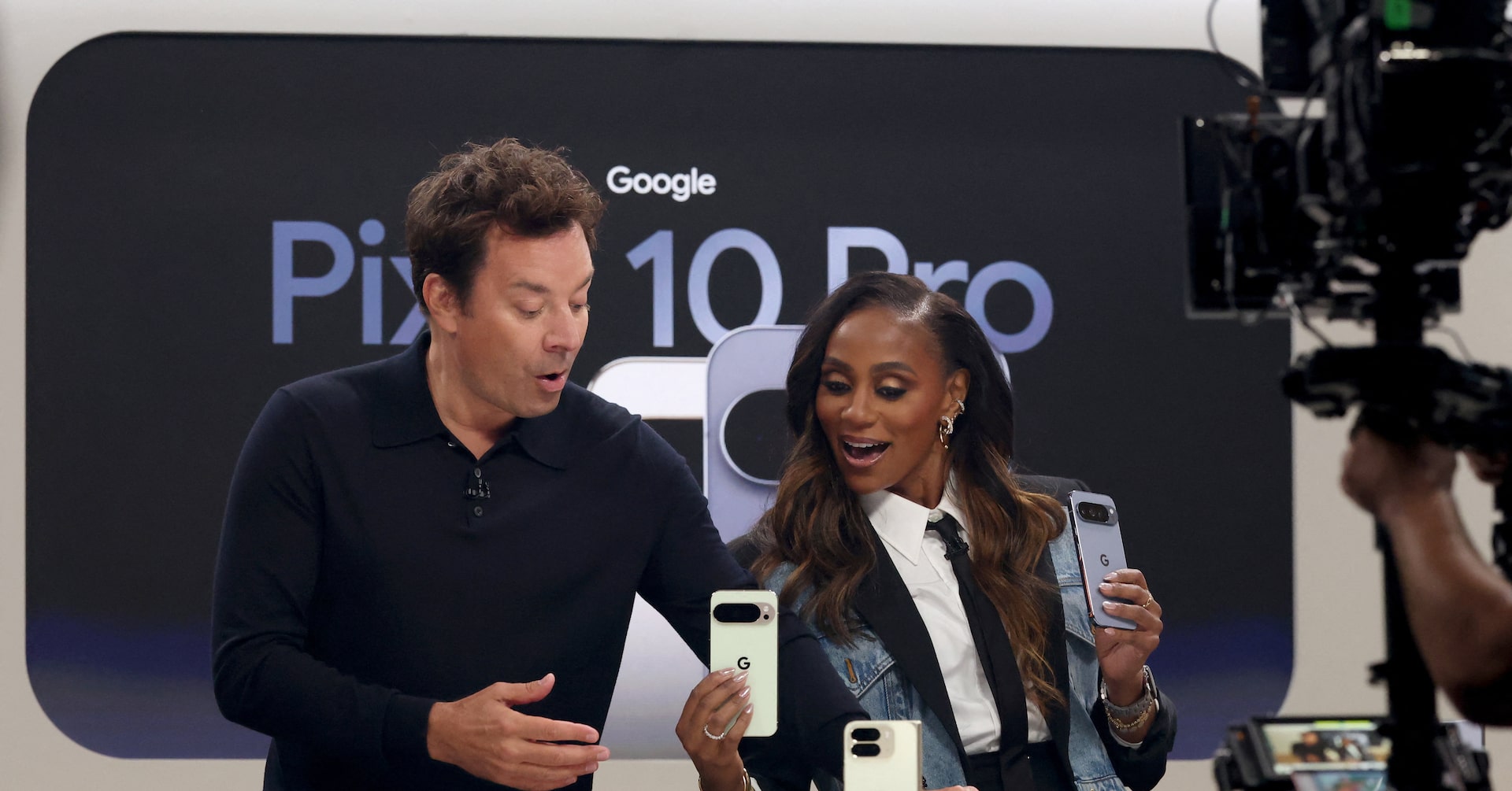
On August 20, 2025 Google introduced the Pixel 10 lineup with a clear message: intelligence matters more than raw hardware. The new models emphasize AI first experiences and on device AI to deliver smarter, more contextual features powered by Gemini models and the Tensor G5 chip.
Smartphone upgrades have become incremental for many users. Google is betting that differentiation will come from AI driven capabilities that work locally on the device and integrate across apps. By focusing on on device AI and privacy preserving AI techniques, Google aims to offer intelligent assistance without sending personal data to servers.
Analysts see this AI first strategy as a direct challenge to competitors that emphasize hardware alone. By offering unique AI powered experiences that run on device many routine tasks become smoother and more private. Longer software support also improves the total cost of ownership for buyers who keep phones longer.
On device AI can increase energy use which may affect battery life during heavy use. Even with privacy preserving AI there are concerns about how continuous background assistance is controlled and audited. The long term success will depend on whether features like Magic Cue feel genuinely helpful rather than intrusive or gimmicky.
How does on device AI protect privacy? By running models locally and minimizing cloud requests the phone keeps more data on the device and limits external exposure while still offering powerful features.
Will AI features work offline? Many tools powered by Gemini Nano and Tensor G5 are designed to function without internet access enabling real time translation and photo edits when you are offline.
Google's Pixel 10 launch signals a shift from chasing specs to building AI first user experiences. With on device AI capabilities like Magic Cue Gemini Nano and the Tensor G5 chip the company is positioning intelligence as the primary differentiator in mobile devices. The coming months will show whether consumers adopt this new approach and how competitors respond.



